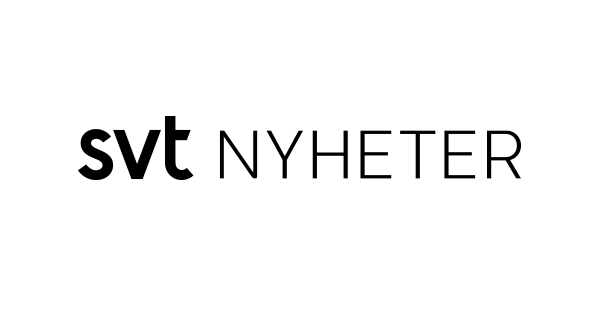Party organizations and political candidates have an obligation to account for all their income, if they have income that is not official party support and if they are in excess of half the price base amount, today SEK 22 750.
Chamber College is the authority that receives the reports and they publish them on their website.
In total, SVT has collected reports from 394 organizations. Of these, 287 stated that they had revenue in addition to public support. 39 individuals, that is, persons who have had personal election campaigns, have stated that they have received some form of income in addition to public support.
Problems with data collectionUnlike many other countries' reporting of external contributions to political parties, the Chamber of Commerce has chosen to report each organization separately. Thus, there is no possibility to easily download all data for all accounts. Compare, for example, with the UK's electoral authority.
Instead, a page is displayed for each party and the reader is also allowed to "expand" each section to get an overview of all the revenue the party has received. As an example, you can look at what it looks like for the Liberals in Stockholm County.
To collect all accounts SVT chose to collect all data, batch by batch. The Chamber has a so-called API, where you can retrieve data, one party organization at a time. SVT's data journalists wrote a computer program that collected all data that could then be analyzed and summarized.
Parties and candidates are required to report the names and addresses of private individuals who donate more than half a price base amount, SEK 22,750. However, these names are not reported on the Chamber College page. Instead, SVT has made a request for public action for the Chamber to send these reports. Despite everything being electronic, the Chamber of Commerce charges a copy fee to send the documents by e-mail.
These reports were sent as PDF files, which means further handling to extract information about the people who donated money to parties and candidates.
The parties' main organizations can choose to report according to the 2014 law. This means less detailed accounting. These are not visible in the Kammarkollegiet's new service for accounting of party revenue, but they are found in a completely different place on the Kammarkollegiet website.
There is the same system where you have to “expand” each department to see the revenue that the parties have received and in the same way contributions from private individuals are hidden. You have to request documents from the Chamber of Commerce here as well and pay a copy fee for the files that are sent electronically.
Problem with data summationSVT has compiled all the revenue for the various parliamentary parties. Since the parties send money between themselves at different levels - for example, a municipal party can send funds upwards in the organization, or a national organization can distribute money to regional or municipal parties, it has been problematic to pool the revenue for all the parties' organizations and personal election campaigns. In order to avoid double counting the money, everything referred to as "internal contributions" has been removed.
In addition, we have further reduced the total amount of the Social Democrats, partly because of further internal contributions to Stockholm County's party district and Stockholm's workers' municipality and partly because of an error in accounting for SSU. Revenues from lotteries are reported at 147 million, but according to SSU they only take part of the dividend, which amounts to just under 40 million.
Many of the Left Party's members, especially the Riksdag and the European Parliament, pay party taxes to the party, which the party reports as contributions from private individuals. In the same way, the Environmental Party reports contributions from MPs. These grants are included in our summary of all grants, but we do not count this as grants from external persons.

